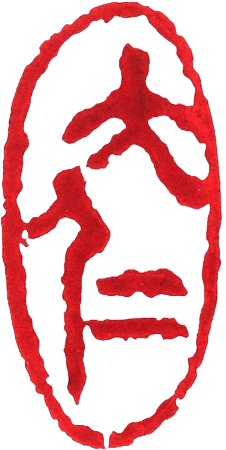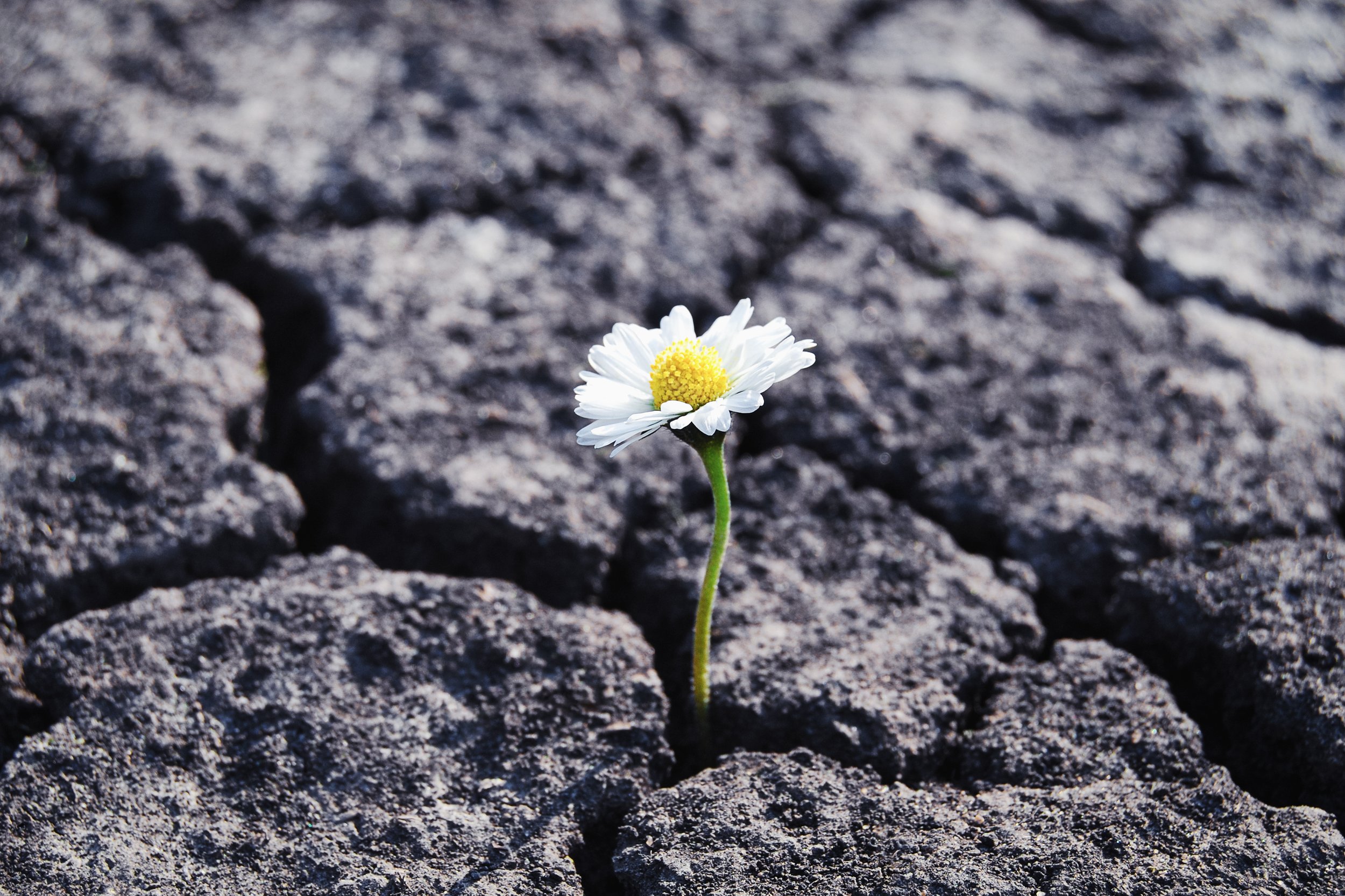Moral Injury Does Not Need to be a Fatal Wound
3 min read
In this 3 part blog series for physicians, we look at some of the common issues we collectively face as we practice medicine in these current times, and how we can move forward beyond those challenges. If you are practicing medicine, but finding it difficult to stay motivated, this first blog explores one common underlying cause.
Do you recall how you felt when you first took the hippocratic oath?
Most of us can remember the excitement and anticipation we felt when we made the commitment to be of service to others as a physician. Can you recollect that feeling of recognizing that there is suffering in the world, and wanting to be part of the solution to that suffering? If you think back to your medical school application, you likely talked with copious amounts of enthusiasm about living a life of service, dedicated to the healing of others.
If, somewhere along the way, you have lost touch with that initial enthusiasm, then you are definitely not alone. In this ‘post-pandemic’ era, when many of us have witnessed unimaginable levels of suffering, and been duty-bound to practice in environments that we could not have previously even begun to anticipate, we are often left with a feeling that we just can’t seem to shake. And for many of us, that feeling does not yet have a name.
There is a name for that underlying feeling that many of us have been left with in the wake of the Covid-19 pandemic. The name is “moral injury.” This term was coined by VA psychiatrist Jonathan Shay and colleagues in the 1990s based on the discussions he had with Veterans. And for the many physicians that I have supported throughout the pandemic and beyond, giving a name to that feeling can not only provide a tremendous relief, but can also be the first step to rebuilding moral resilience–a term coined by Cynda Rushton, a nurse and Bunting Professor of Clinical Ethics–and finding their way back to that original passion for medicine that they had in medical school.
Dr. Lau with a group of Nepali and Western clinicians at Upaya’s Nomads Clinic in Humla Nepal 2019. Crossing a high altitude pass at ~19000 feet to the next clinic location.
Much of what we experienced in the pandemic was largely labeled as burnout: a term that often seems way too generalized and simplistic for the way that we actually feel inside. But moral injury can feel far more precise. It refers to the moral residue that is created when we’ve repeatedly been asked to go against ourselves in our day-to-day practice of medicine. It leaves a lingering feeling of unresolved inner conflict, which many of us faced when we had to make life or death decisions or the extreme situations of the pandemic.
But moral injury isn’t only specific to the situations that we collectively faced in the pandemic. It’s seen in the ongoing conflict that arises from operating in a profit-driven Western health setting that often puts profits before people. Many of the decisions that we are duty-bound to make on a daily basis, seem to go against the people-centered oath that we took at medical school. And what we are often left with is a bitter feeling or a resentment that things would have gone differently if there were better support systems in place for us.
As Rushton highlights in her book, Moral Resilience: Transforming Moral Suffering in Healthcare,
“Although the intensity of the distress may dissipate to some degree after an acutely distressing event is over, there is often “moral residue”—unresolved moral distress, including feelings of uncertainty, guilt, frustration, and anxiety. [...] The moral residue that ensues can be rooted in regret or guilt. Sometimes regret and guilt are tied to the recognition that one has allowed one’s integrity to be compromised in response to external pressures; other times they result from doing the best one can in a highly constrained situation, in which any path forward will leave important moral values or commitments unmet.” (pp. 41)
Understanding moral injury and having the vocabulary for what you have been through is the first step to addressing that feeling that may have been hanging over you for way too long. And if the outcome feels bleak, there is a counter to moral injury, which is a term also coined by Rushton, “moral resilience,” which describes that state that we are working towards getting back to so that we can fully enjoy our practice of medicine again.
To be clear, moral resilience is not an attempt to gloss over what we’ve experienced, or to deny what’s been affecting us. But there are a host of tools and practices that we can use to address moral adversities and injustices in a way that is far more purposeful than leaving that feeling to fester inside us.
In this first blog we’ve named moral injury as the underlying process that many of us have been experiencing but not been able to put a name to. In the blog that follows we’ll look at some of the solutions to moral injury that you can practically start to bring into your everyday practice. And if you want to go deeper on this topic, my new book, Inner Practice of Medicine, will give you further tools and practices so that you can start to address some of the frustrations you might be currently feeling, and return to the part of yourself that originally took the hippocratic oath.


